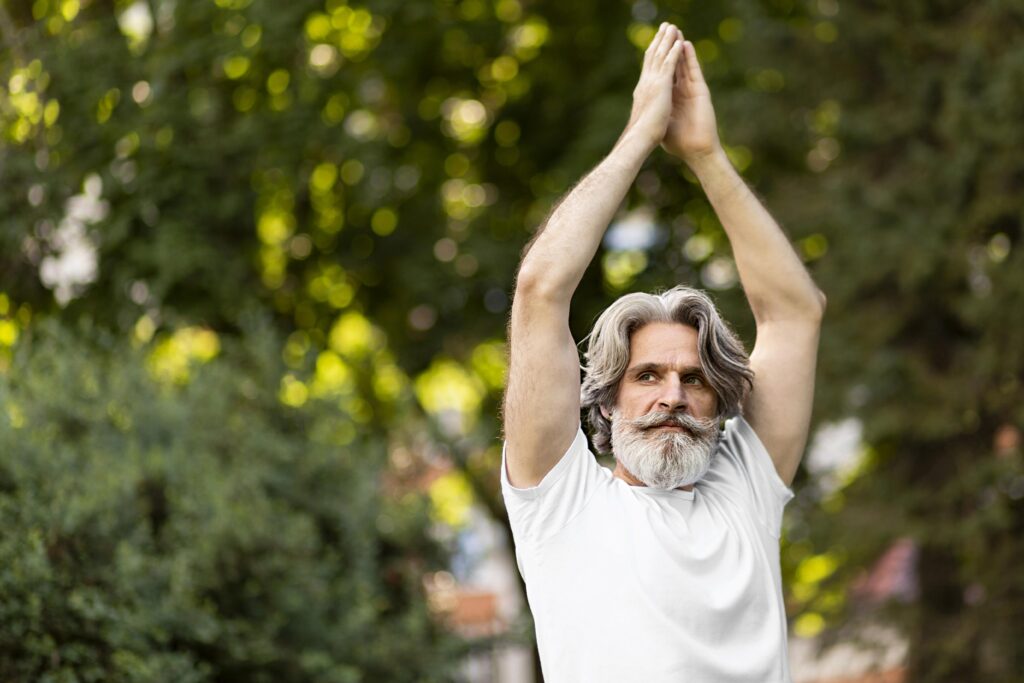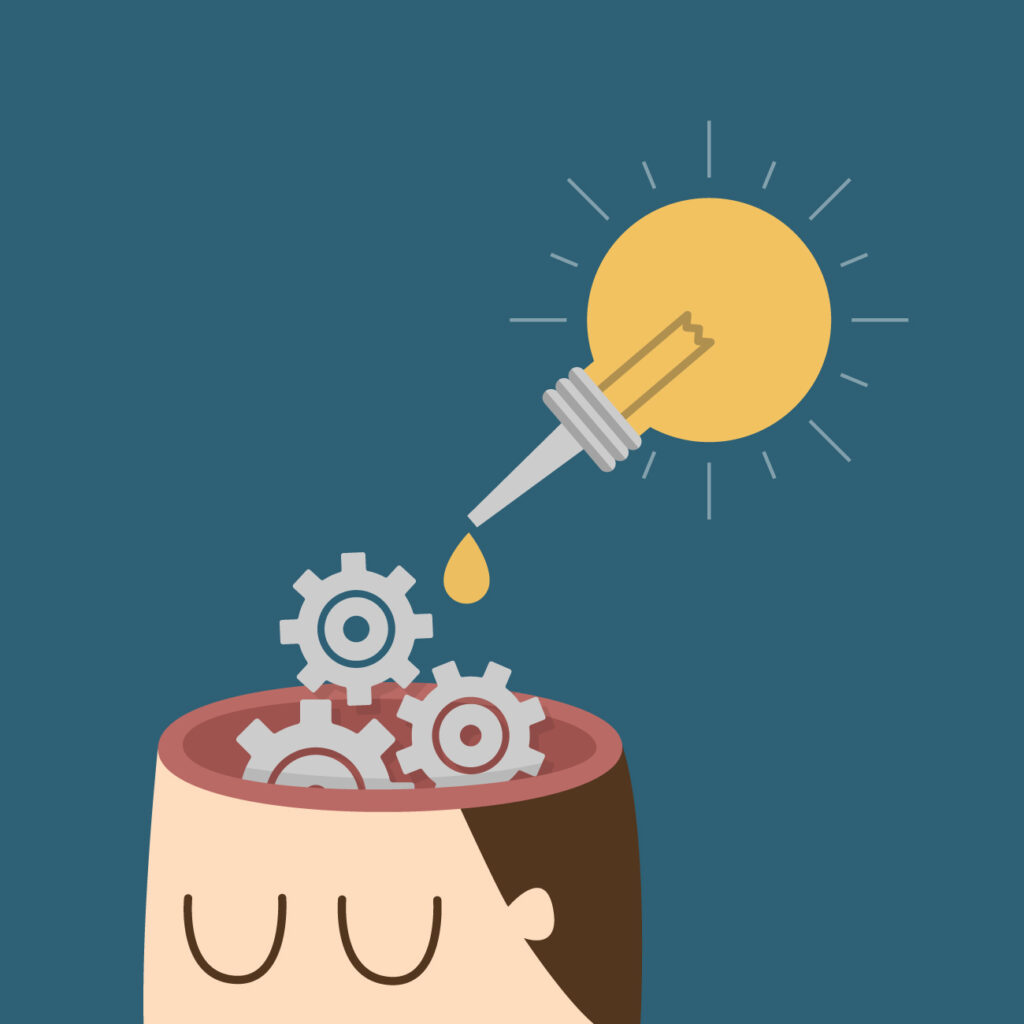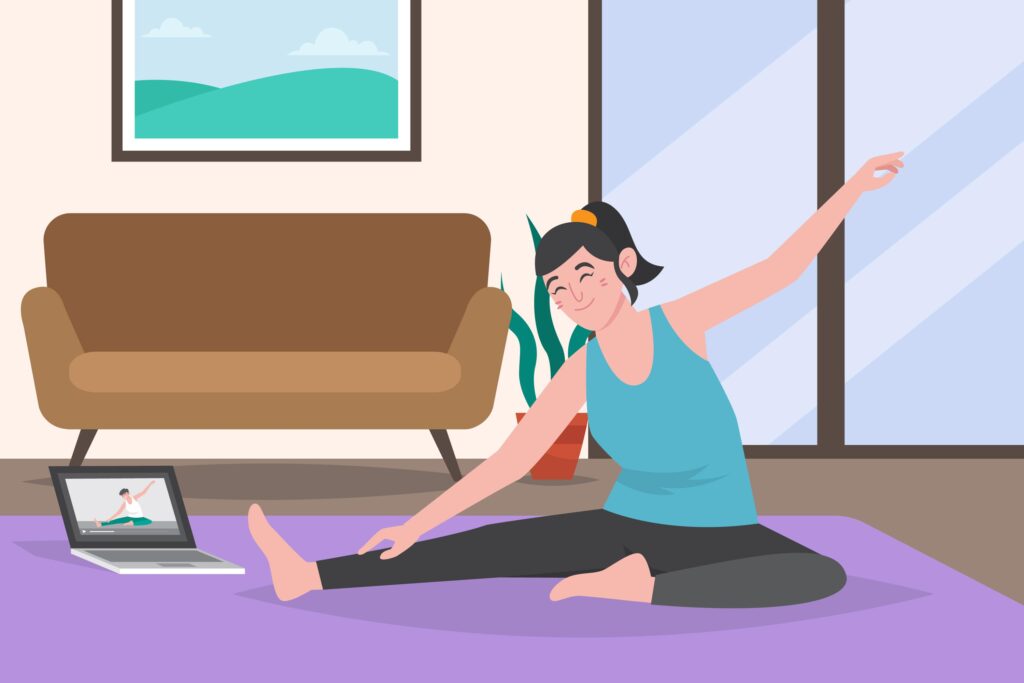In today’s fast-paced world, it’s easy to let fitness take a back seat. With hectic schedules and endless distractions, many of us struggle to find the time and motivation to work out. However, the importance of regular exercise cannot be overstated. Working out is not just about aesthetics or weight loss; it plays a crucial role in maintaining our overall health and well-being.
1. Physical Health Benefits

Engaging in physical activity has several health advantages. By strengthening the heart and enhancing circulation, it lowers the risk of heart disease and stroke and contributes to the improvement of cardiovascular health. Frequent exercise increases metabolism and burns calories, which helps with weight management. Additionally, it improves bone health, muscle strength, and flexibility, which reduces the risk of osteoporosis. Furthermore, exercise enhances mental health by lowering stress, anxiety, and sadness and enhancing sleep and cognitive performance. Physical activity enhances vitality and fortifies the immune system. Regular physical activity also contributes to a longer, healthier life by lowering the risk of chronic diseases including diabetes, high blood pressure, and some types of cancer.
Regular workouts strengthen your cardiovascular system, improve circulation, and boost lung capacity. Engaging in physical activity helps maintain a healthy weight, reduces the risk of chronic diseases like heart disease, diabetes, and certain cancers, and enhances your immune system. It also improves your bone density, which is vital as we age, reducing the risk of osteoporosis and fractures.
2. Mental Health Boost

Regular physical activity has a significant positive effect on mental health that lasts for a long time. The body’s natural mood enhancers, endorphins, are released when you exercise and can help lower tension, anxiety, and depressive symptoms. It enhances the quality of sleep, which is critical for emotional control, and raises self-esteem by encouraging a feeling of achievement. Additionally, exercise makes the brain more sensitive to norepinephrine and serotonin, which reduce depressive symptoms. Regular exercise can improve memory, focus, and cognitive function as well as foster mental resilience. Exercise regimens and group activities promote social connection, which helps to fight loneliness and improve mood. In general, maintaining physical fitness is a healthy and natural method to support mental health by encouraging a more optimistic and well-rounded outlook.
Exercise is a powerful tool for mental health. It reduces stress, anxiety, and symptoms of depression by releasing endorphins, the body’s natural mood lifters. Regular physical activity can also improve sleep quality, increase energy levels, and boost self-esteem. The sense of accomplishment after completing a workout can provide a mental boost, making you feel more positive and motivated throughout the day.
3. Increased Longevity

Years of lifespan is greatly affected by regular exercise. By reducing blood pressure while improving circulation, physical activity improves cardiovascular health and lowers the risk of heart disease. By boosting metabolic function, it lowers the risk of diabetes and aids in maintaining a healthy weight. Exercise also helps to maintain mobility and lowers the chance of falls as we age by strengthening our muscles and bones. Better mood and less stress are two mental health advantages that enhance general wellbeing. Exercise also strengthens the immune system, increasing the body’s resistance to disease. Research indicates that regular engagement in physical activity can prolong life by averting chronic illnesses and encouraging a more salubrious aging process. The likelihood of living a longer, healthier life is considerably increased when even modest exercise is incorporated into everyday practices.
Studies have consistently shown that regular exercise can increase your lifespan. By improving heart health, reducing blood pressure, and maintaining a healthy weight, you’re more likely to live a longer, healthier life. Even moderate-intensity activities like walking or swimming can add years to your life by reducing the risk of premature death.
4. Enhanced Quality of Life

Exercise improves physical health through increased heart function, improved weight control, and stronger muscles, all of which improve quality of life. By lowering stress, anxiety, and sadness and improving mood and cognitive performance, it improves mental health. Through group activities, exercise promotes social bonds. It also increases self-worth and personal fulfillment as you reach your fitness objectives. In addition, it boosts energy levels for the day, enhances mobility and flexibility, and improves the quality of sleep, all of which make daily activities simpler. Regular exercise can also assist maintain a better work-life balance by boosting productivity and reducing stress related to the workplace. All things considered, regular exercise promotes a more harmonious, healthful, and satisfying existence.
Working out regularly improves your quality of life by increasing your ability to perform daily activities with ease. Whether it’s playing with your kids, carrying groceries, or climbing stairs, regular exercise enhances your strength, flexibility, and endurance. It also fosters better mobility and balance, which are essential for maintaining independence as we age.
5. Better Cognitive Function

Exercise boosts oxygen and nutrition transport to the brain, which in turn improves cognitive performance. This enhances cognitive function and brain health. Exercise improves neuroplasticity and promotes the formation of new neurons, which helps with memory and learning. Additionally, it raises the amounts of neurotransmitters like serotonin and dopamine, which enhance mood and cognitive function. Regular exercise also lowers oxidative stress and inflammation, two other factors that might harm cognitive performance. Improved sleep quality is a prerequisite for memory consolidation and general cognitive health, and exercise helps to achieve this. When taken as a whole, these advantages enhance memory, mental clarity, and general cognitive performance.
Exercise has been shown to enhance cognitive function, including memory and learning. Physical activity increases blood flow to the brain, promoting the growth of new neurons and improving brain health. This is particularly important as we age, as regular exercise can help protect against cognitive decline and diseases like Alzheimer’s.
6. Social Benefits

Exercise has many positive social effects. Whether at the gym, in group sessions, or during outdoor activities, it promotes community and assists people in making new acquaintances. Frequent exercise can boost one’s self-esteem and confidence, which facilitates and enjoys social interactions. Exercise in groups also fosters camaraderie and collaboration since participants support and inspire one another. Furthermore, exercise can elevate mood and lower stress, resulting in more favorable interactions. Fitness-related socializing encourages accountability, which makes it simpler to maintain workout schedules. Participating in athletic leagues, fitness activities, or even virtual workout communities can broaden social circles and foster relationships with those who have similar wellness and health objectives. In the end, exercise promotes social and physical well-being.
Joining a gym, attending fitness classes, or participating in group sports can also provide social benefits. These activities offer opportunities to meet new people, build friendships, and create a supportive community. The social aspect of working out can increase motivation and make exercise more enjoyable, leading to better consistency and long-term success.
7. Stress Relief

Exercise is an effective way to reduce stress. The body’s natural mood enhancers, endorphins, are released when you exercise and help lower tension and anxiety. Exercise also enhances the quality of sleep, which is beneficial when stress is present. Frequent exercise encourages mindfulness by focusing attention on the body and providing a distraction from thoughts about the day. Exercise also lowers cortisol levels, which are a stress hormone. Exercise, such as yoga or jogging, offers a constructive way to release negative energy and aggravation while enhancing one’s sense of control and accomplishment. These advantages gradually strengthen emotional resilience, making it easier for you to manage stress in the future.
In our busy lives, stress is almost unavoidable. Exercise acts as a natural stress reliever. Physical activity helps to clear your mind, giving you a break from daily worries and allowing you to return to your tasks with a fresh perspective. The rhythm of your breath, the focus on movement, and the physical exertion all contribute to reducing tension and promoting relaxation.
CONCLUSION
Maintaining regular physical and mental wellness requires including workouts in your regimen. Whether your objective is to stay healthy, gain muscle, or lose weight, exercising has many advantages that go well beyond looks. It strengthens bones and muscles, elevates mood, increases cardiovascular health, and improves flexibility and endurance. Frequent exercise can also aid in the prevention of long-term conditions like obesity, diabetes, and heart disease. Additionally, it promotes mental clarity and emotional resilience and is a potent stress reliever. Regular exercise promotes a healthy lifestyle, raises energy levels, and enhances the quality of sleep. In general, exercising is an investment in your health that has numerous positive effects on your life. Your body and mind will appreciate you for making the time to exercise.Whether your objective is to stay healthy, gain muscle, or lose weight, exercising has many advantages that go well beyond looks. It strengthens bones and muscles, elevates mood, increases cardiovascular health, and improves flexibility and endurance. Frequent exercise can also aid in the prevention of long-term conditions like obesity, diabetes, and heart disease. Additionally, it promotes mental clarity and emotional resilience and is a potent stress reliever. Regular exercise promotes a healthy lifestyle, raises energy levels, and enhances the quality of sleep. In general, exercising is an investment in your health that has numerous positive effects on your life. Your body and mind will appreciate you scheduling exercise, so do it!
